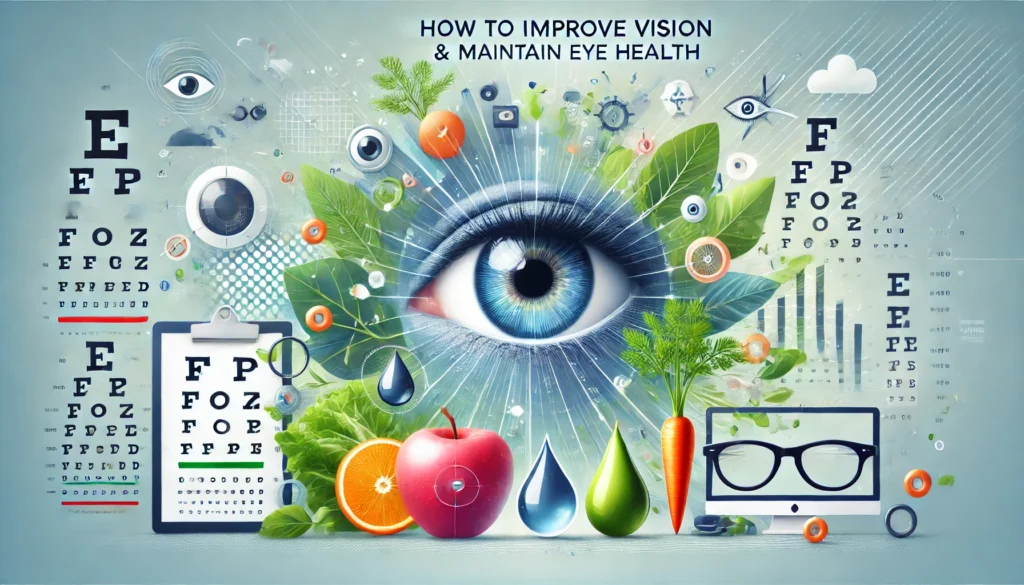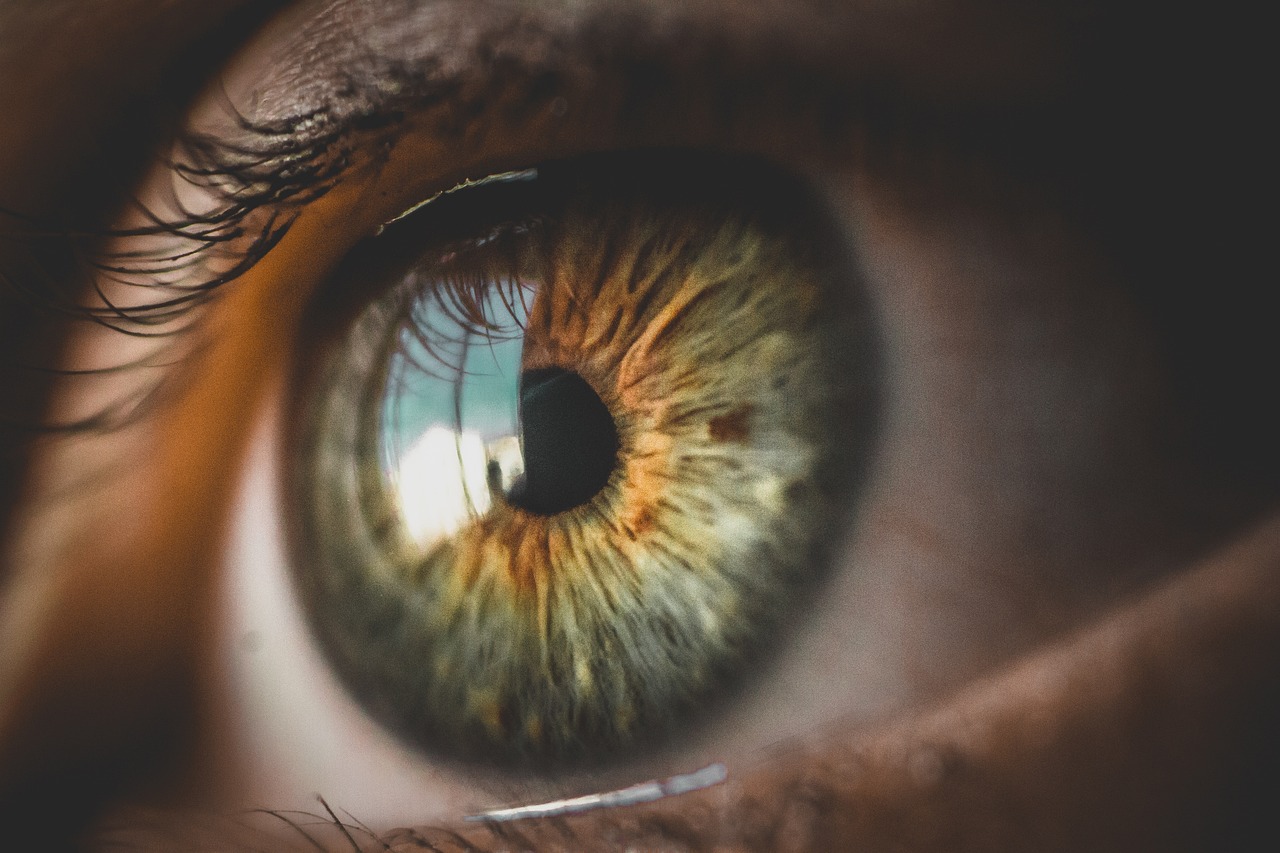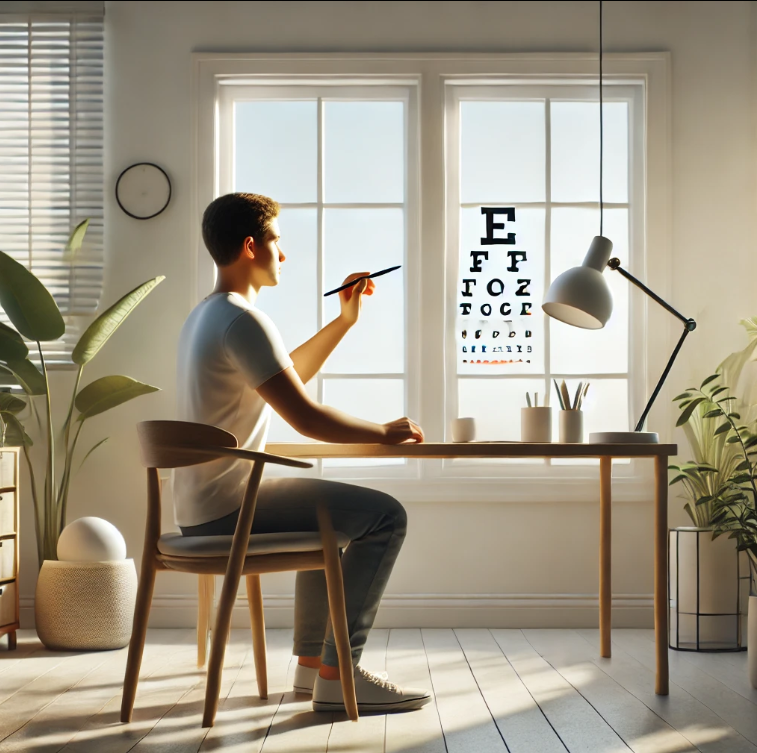As we age, we commonly notice slight changes in our vision. You may require more light to read, or colors might not appear as vivid as they once were. While minor changes are expected, many eye problems can be prevented or treated before they become serious. Maintaining eye health is critical to ensuring your vision stays sharp for years to come. Here’s how you can improve and protect your eyesight.
Understanding Age-Related Vision Changes
As we get older, our eye muscles naturally weaken, especially those that help focus on objects up close. This condition, known as presbyopia, typically begins around age 40 and progresses with time. Dr. Christopher E. Starr, an ophthalmologist, notes that the eye muscles lose flexibility as we age, making it harder to focus on near objects.
Other common age-related conditions include:
- Cataracts: Clouding of the eye lens
- Age-related macular degeneration: Damage to the cells in the eye, leading to vision loss
- Diabetic retinopathy: Issues with blood vessels in the eyes, often affecting individuals with diabetes
- Glaucoma: Optic nerve damage that can result in vision loss
Common Vision Conditions
Some common vision problems stem from refractive errors, which affect how light is focused in the eye. These include:
- Astigmatism: Blurred vision caused by an irregularly shaped cornea
- Nearsightedness (myopia): Difficulty seeing objects far away
- Farsightedness (hyperopia): Difficulty seeing things up close
- Presbyopia: Loss of ability to focus on close-up objects due to aging
Early detection of these conditions through regular eye exams can help prevent further damage or loss of vision.
The Importance of Regular Eye Exams
Eye conditions often develop without any noticeable symptoms. Therefore, regular comprehensive eye exams, which include pupil dilation, are essential for early detection. This is particularly important if you’re at risk for eye conditions due to factors such as age, family history, or chronic illnesses like diabetes or high blood pressure.
A dilated eye exam allows your eye doctor to detect issues that could lead to serious problems if left untreated. In addition, the exam can test for:
- Eye muscle function
- Peripheral vision
- Eye pressure
- Vision clarity
If you’re over 40, African American, or have a family history of glaucoma, regular exams are even more crucial for maintaining your eye health.
Simple Tips for Improving Eye Health
There are several easy and natural ways to improve your eye health:
- Follow the 20-20-20 Rule: Dr. Starr recommends this simple exercise, especially if you spend long hours on a computer. Every 20 minutes, take a 20-second break and look at something at least 20 feet away.
- Eat a Healthy Diet: Consuming foods rich in omega-3 fatty acids, such as fish, and dark leafy greens like spinach and kale, can promote better eye health.
- Stay Active: Regular exercise can help lower your risk of conditions like diabetes and high blood pressure, which can affect your vision.
- Protect Your Eyes: Use sunglasses with 99-100% UVA and UVB protection, and wear safety goggles during activities like sports or yard work to protect your eyes from potential damage.
- Avoid Smoking: Smoking increases the risk of developing eye diseases such as macular degeneration and cataracts.
- Consider Computer Glasses: If you spend a lot of time in front of a screen, computer glasses can reduce eye strain by optimizing focus at the typical distance between you and your screen.
Managing Chronic Conditions
If you have a chronic condition like diabetes, managing your blood sugar levels is essential for maintaining eye health. Diabetic retinopathy, which affects the blood vessels in the retina, can lead to vision loss if not managed early. Regular checkups and controlling diabetes can reduce the risk of serious eye complications.
Eye Exercises and Lifestyle Adjustments
Along with the 20-20-20 rule, maintaining a balanced lifestyle can go a long way in protecting your vision. Simple exercises and daily habits like blinking more often while using digital screens can reduce dryness and fatigue. Hydrating your eyes with artificial tears can also help alleviate discomfort caused by computer vision syndrome, a condition that many experience after prolonged screen use.
Seek Treatment Early
Refractive errors like astigmatism or presbyopia can often be corrected with glasses, contact lenses, or surgery. Other eye conditions may require more specialized treatments, including medications, laser therapy, or surgery. The earlier you seek treatment, the better your chances of preventing long-term vision loss.
In conclusion, maintaining your eye health requires a combination of regular checkups, healthy habits, and lifestyle adjustments. Whether through preventive care, early detection, or timely treatment, you can take steps today to protect your vision well into the future.



